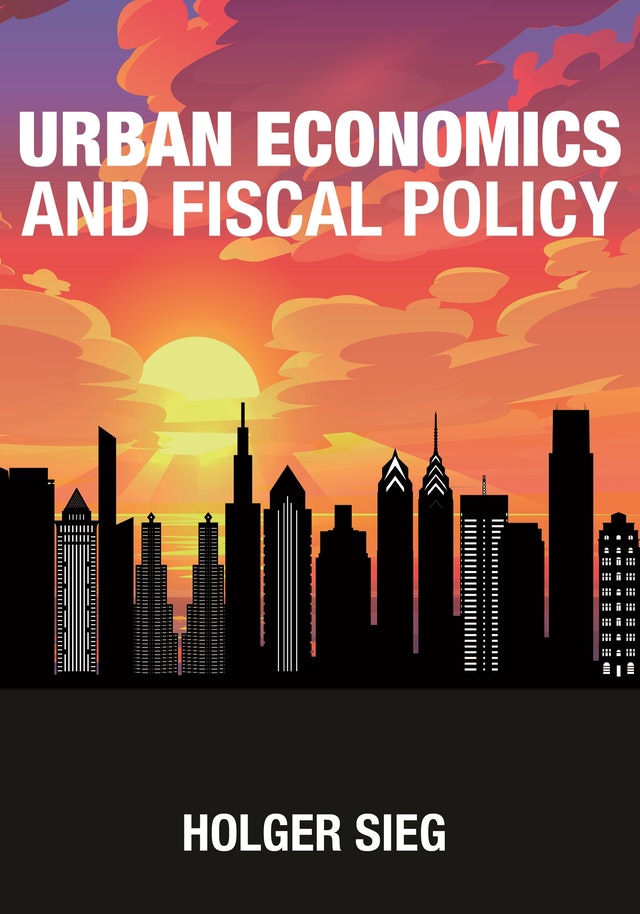Urban Economics and Fiscal Policy
Holger Sieg
2020
Princeton University Press
With more than half of today’s global GDP being produced by approximately four hundred metropolitan centers, learning about the economics of cities is vital to understanding economic prosperity. This textbook introduces graduate and upper-division undergraduate students to the field of urban economics and fiscal policy, relying on a modern approach that integrates theoretical and empirical analysis. Based on material that Holger Sieg has taught at the University of Pennsylvania, Urban Economics and Fiscal Policy brings the most recent insights from the field into the classroom.
Divided into short chapters, the book explores fiscal policies that directly shape economic issues in cities, such as city taxes, the provision of quality education, access to affordable housing, and protection from crime and natural hazards. For each issue, Sieg offers questions, facts, and background; illuminates how economic theory helps students engage with topics; and presents empirical data that shows how economic ideas play out in daily life. Throughout, the book pushes readers to think critically and immediately put what they are learning to use by applying cutting-edge theory to data.
A much-needed resource for students and policymakers, Urban Economics and Fiscal Policy offers a unique approach to a vital and fast-growing area of economic study.
- Introduces advanced-undergraduate and graduate students to urban economics
- Presents the latest theoretical and empirical research
- Applies economic tools to real-world issues, including housing, labor, education, crime, and the environment
- Explains and uses simple economic models and quantitative analysis
